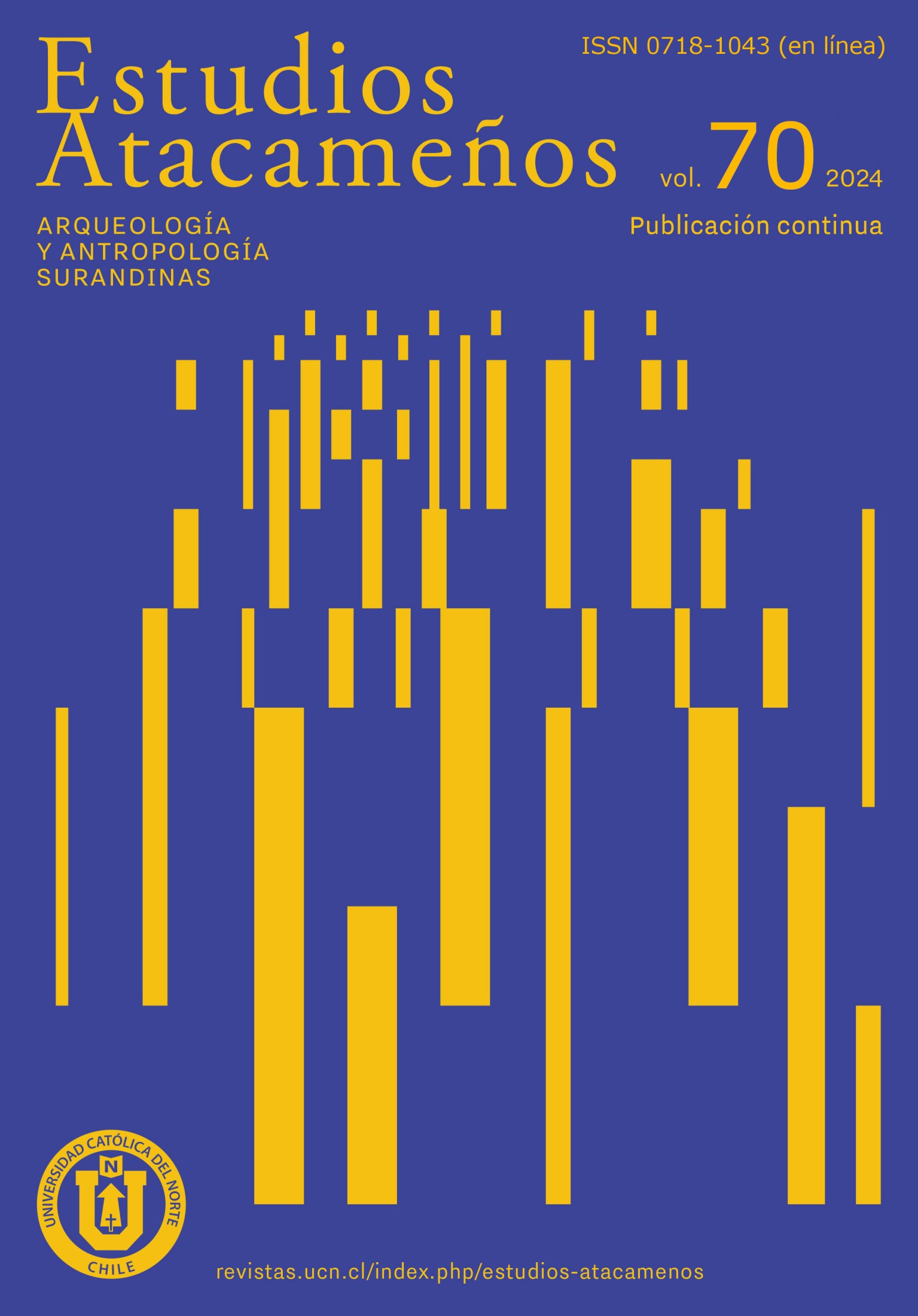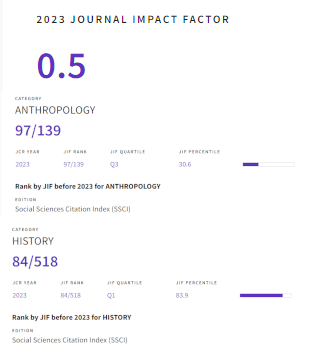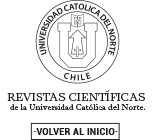Meditaciones Stratherianas
Relaciones, oscilaciones y sesgos a partir de dos ejemplos amerindios
DOI:
https://doi.org/10.22199/issn.0718-1043-2024-0007Palabras clave:
relación, antropología social, Marilyn Strathern, estudios amerindios, sesgos culturalesResumen
En este artículo intentamos ilustrar los postulados que la antropóloga Marilyn Strathern entregó en su conferencia Siempre relacionando (2024), a partir de dos ejemplos etnográficos amerindios. Al hacer esto, destacamos la relevancia de una reflexión introspectiva, que cuestione los términos mismos a partir de los cuales opera la antropología, y simultáneamente observar cómo las reflexiones de Strathern sobre el pensamiento antropológico pueden iluminar algunos aspectos invisibilizados de la descripción etnográfica sobre filosofías amerindias, como el caso de la relación sujeto-objeto.
Descargas
Referencias
Alonqueo, M. (1979). Instituciones religiosas del pueblo Mapuche. Nueva Univer-sidad.
Arhem, K. (1996). The cosmic food web: Human-nature relatedness in the north-west Amazon. En P. Descola and Gísli Pálsson (Ed.), Nature and society: Anthropo-logical perspective (pp. 185–204). Routledge.
Barad, K. (2007). Meeting the universe halfway. Duke University. https://doi.org/10.2307/j.ctv12101zq
Bonelli, C. (2014). What Pehuenche blood does: Hemic feasting, intersubjective par-ticipation, and witchcraft in Southern Chile. HAU, 4(1), 105-127. https://doi.org/10.14318/hau4.1.004
Budds, J. (2004). Power, Nature and Neoliberalism: The Political Ecology of Water in Chile. Singapore Journal of Tropical Geography, 25(3), 322–342. https://doi.org/10.1111/j.0129-7619.2004.00189.x
Candea, M. (2019). Comparison in anthropology. Cambridge University. https://doi.org/10.1017/9781108667609
Catrileo, M. (1995). Diccionario lingüístico-etnográfico de la lengua mapuche. An-drés Bello.
Corsín Jiménez, A. (2003). The form of the relation, or Anthropology's enchantment with the algebraic imagination [Manuscrito Inédito]. University of Oxford. https://digital.csic.es/handle/10261/98307
Course, M. (2010). Of words and fog: Linguistic relativity and Amerindian ontology. Anthropological Theory, 10(3), 247-263. https://doi.org/10.1177/1463499610372177
Course, M. (2011). Becoming Mapuche: Person and ritual in indigenous Chile. Uni-versity of Illinois. https://doi.org/10.5406/illinois/9780252036477.001.0001
De la Cadena, M. (2015). Earth beings: ecologies of practice across Andean worlds. Duke University. https://doi.org/10.1515/9781478093626
Di Giminiani, P. (2018). Sentient lands: Indigeneity, property and political imagina-tion in neoliberal Chile. University of Arizona. https://doi.org/10.2307/j.ctv5vdd94
Di Giminiani, P. y González Gálvez, M. (2018). Who owns the water? The relation as unfinished objectification in the Mapuche lived world. Anthropological Forum, 28(3), 199-216. https://doi.org/10.1080/00664677.2018.1495060
Ewart, E. (2013). Space and society in Central Brazil. A Panará ethnography. Bloomsbury.
González Gálvez, M. (2016). Los mapuche y sus otros: persona, alteridad y sociedad en el sur de Chile. Universitaria.
González Gálvez, M., Di Giminiani, P. y Bacchiddu, G. (2019). Theorizing relations in indigenous South America. Social Analysis, 63(2), 1-23. https://doi.org/10.3167/sa.2019.630201
Gow, P. (1991). Of mixed blood. Kinship and history in Peruvian Amazonia. Claren-don. https://doi.org/10.1093/oso/9780198273554.001.0001
Holbraad, M. y Pedersen, M. (2017). The ontological turn: An anthropological exposi-tion. Cambridge University. https://doi.org/10.1017/9781316218907
Kopenawa, D. y Albert, B. (2013). The falling sky: Words of a Yanomami shaman. Harvard University. https://doi.org/10.2307/j.ctt6wppk9
Lagrou, E. (2000). Homesickness and the Cashinahua Self: A reflection on the embod-ied condition of relatedness. En J. Overing y A. Passes (Eds.), The anthropology of love and anger: The aesthetics of conviviality in native Amazonia (pp. 151-169). Routledge.
Lebner, A. (Ed.) (2017) Redescribing relations: Strathernian conversations on ethnog-raphy, knowledge and politics. Berghahn. https://doi.org/10.2307/j.ctvw04dqc
Lévi-Strauss, C. (1970). The raw and the cooked. Jonathan Cape.
Lévi-Strauss, C. (1995). The story of lynx. University of Chicago Press.
Londoño Sulkin, C. (2012). People of substance: An ethnography of morality in the Colombian Amazon. University of Toronto. https://doi.org/10.3138/9781442661066
McCallum, C. (2001). Gender and sociality in Amazonia. How real people are made. Berg.
Ñanculef, J. (2016). Tayiñ mapuche kimün: Epistemología mapuche, sabiduría y co-nocimientos. Catedra Indigena, Universidad de Chile.
Overing, J. (2003). In praise of the everyday: Trust and the art of social living in an Amazonian community. Ethnos, 68(3), 293-316. https://doi.org/10.1080/0014184032000134469
Overing, J. y Passes, A. (Eds.) (2000) The anthropology of love and anger: The aes-thetics of conviviality in native Amazonia. Routledge.
Pazzarelli, F. (2019). Looks like viscera: folds, wraps, and relations in the Southern Andes. Social Analysis, 63(2), 45-65. https://doi.org/10.3167/sa.2019.630203
Quidel, J. (2016). El quiebre ontológico a partir del contacto Mapuche Hispano. Chun-gara (Arica), 48(4), 713–19. https://doi.org/10.4067/S0717-73562016000400016
Quidel, J. (2020). La noción mapuche de che (persona) [Tesis de doctorado, Universi-dade Estadual de Campinas]. http://repositorio.unicamp.br/Acervo/Detalhe/1149468
Radcliffe-Brown, A. R. (1965). Structure and function in primitive society. Free.
Rio, K. (2007). The power of perspective. Social ontology and agency on Ambryn is-land, Vanuatu. Berghahn. https://doi.org/10.2307/j.ctv287sdxx
Rival, L. (2005). Introduction: What Constitutes a Human Body in Native Amazonia? Tipití, 3(2), 105-110.
Rivière, P. (1984). Individual and society in Guiana. Cambridge University. https://doi.org/10.1017/CBO9780511558115
Lima, T. (1999). The two and its many: Reflections on perspectivism on a Tupi cos-mology. Ethnos, 61(1), 107-131. https://doi.org/10.1080/00141844.1999.9981592
Strathern, M. (1988). The gender of the gift. University of California.
Strathern, M. (1992). Parts and wholes: refiguring relationships in a postplural world. En A. Kuper (Ed.), Conceptualizing Society (pp. 75-104). Routledge.
Strathern, M. (2004). Partial connections. Altamira.
Strathern, M. (2013). Learning to see in Melanesia (Vol. 2, Hau Masterclass Series). Hau. https://doi.org/10.14318/hau2.2.022
Strathern, M. (2020). Relations: an anthropological account. Duke University. https://doi.org/10.1515/9781478009344
Strathern, M. (2024). Siempre relacionando: reflexiones sobre algunos pasados y futu-ros de la antropología social. Estudios Atacameños, 70: e5665. https://doi.org/10.22199/issn.0718-1043-2024-0008
Tola, F. (2012). Yo no estoy solo en mi cuerpo. Biblos.
Vanzolini, M. (2016). Peace and knowledge politics in the upper Xingu. Common Knowledge, 22(1), 25-42. https://doi.org/10.1215/0961754X-7299162
Vanzolini, M. (2019). The name of the relation: Making difference in Aweti onomas-tics. Social Analysis, 63(2), 102-121. https://doi.org/10.3167/sa.2019.630206
Vilaça, A. (2002). Making kin out of others in Amazonia. Journal of the Royal An-thropological Institute, 8(2), 347-365. https://doi.org/10.1111/1467-9655.00007
Vilaça, A. (2010). Strange enemies: Indigenous agency and scenes of encounters in Amazonia. Duke University. https://doi.org/10.2307/j.ctv11cw4b8
Viveiros de Castro, E. (1998). Cosmological Deixis and Amerindian Perspectivism. Journal of the Royal Anthropological Institute, 4(3), 469–488. https://doi.org/10.2307/3034157
Viveiros de Castro, E. (2001). GUT feelings about Amazonia: Potential affinity and the construction of sociality. En L. Rival y N. Whitehead (Eds.), Beyond the vis-ible and the material. The amerindianization of society in the work of Peter Rivi-ère (pp. 19-44). Oxford University. https://doi.org/10.1093/oso/9780199244751.003.0002
Viveiros de Castro, E. (2015). Cannibal metaphysics. University of Minnesota.
Publicado
Número
Sección
Licencia
Derechos de autor 2024 Marcelo González, Piergiorgio Di Giminiani

Esta obra está bajo una licencia internacional Creative Commons Atribución 4.0.
Todos los trabajos publicados en Revista Estudios Atacameños (eISSN:0718-1043) están sujetos a una licencia Creative Commons Reconocimiento 4.0 Internacional
Los autores continúan como propietarios de sus trabajos, y pueden volver a publicar sus artículos en otro medio sin tener que solicitar autorización, siempre y cuando indiquen que el trabajo fue publicado originariamente en Revista Estudios Atacameños (eISSN:0718-1043).












